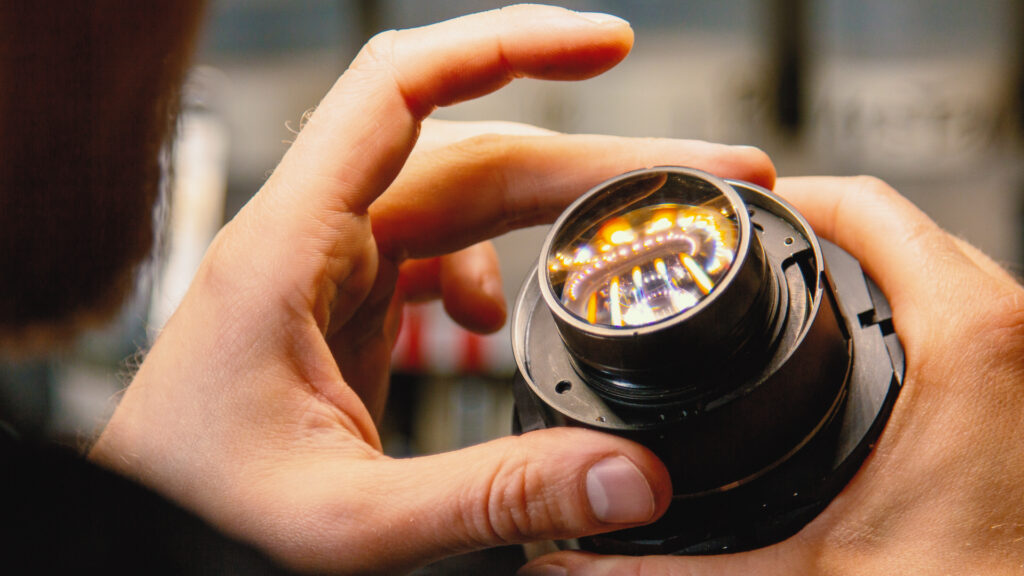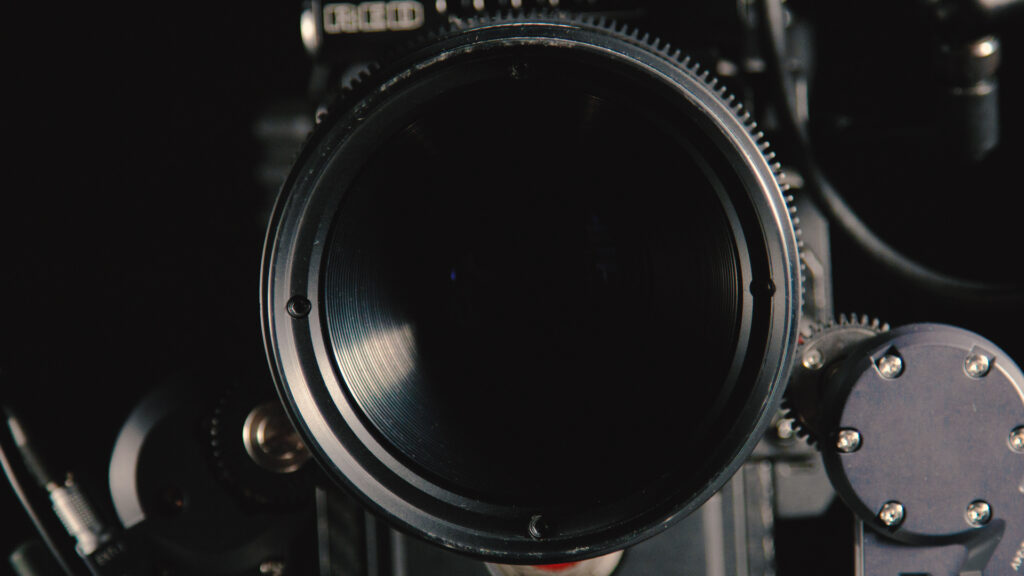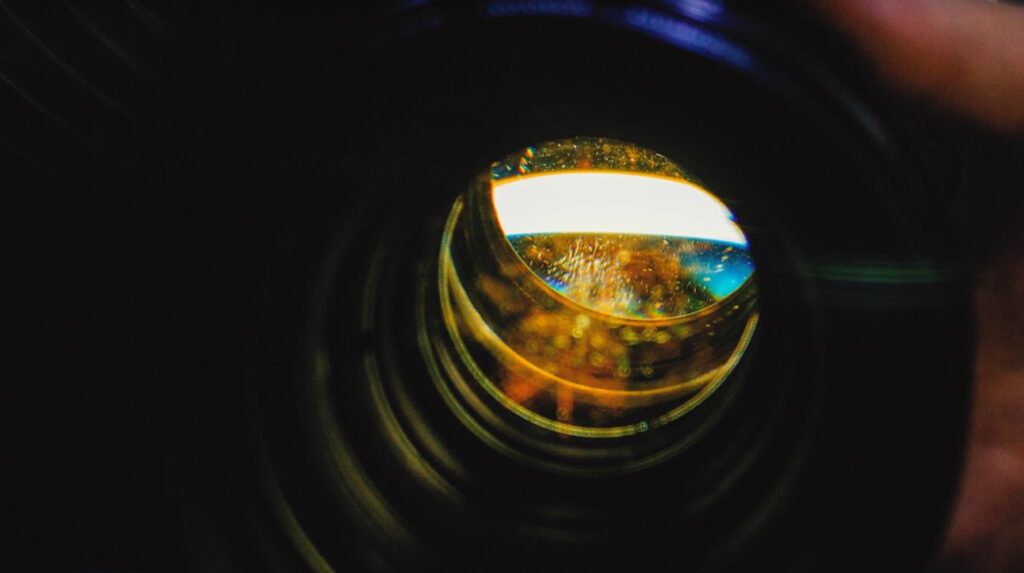The market for Vintage-lenses has been booming last couple of years.
The characteristics of old vintage lenses are fascinating, and people do want to keep the charm of those characteristics, yet use them with modern-day equipment.
But where to find those old lenses, which still would be in an OK condition, and rehousable?
It can be overwhelming to know what to look for, and what to avoid.
Here are our tips for purchasing a lens!
1. From Whom to Buy Lenses for Rehousing?
Unfortunately, we do not have the knowledge to recommend someone specific. Of course, we hear from sellers and buyers, but as we do not get involved deeply, and have the knowledge needed to recommend someone over someone else.
Usually, we have good experiences with Asian traders, but good and trustworthy traders can be found around the world.

2. Make Sure There is a Return Policy
Look if there’s a return policy. How long is it? Does it include shipping days?
If no return policy has been given, that might be a red flag.
Most retail stores will have some kind of return policy, as well as most individual sellers on eBay or Amazon.
3. Ask for Photos
Often sellers that are trustworthy, are not afraid to send photos of the lens and talk about it in more detail.
You should be able to find a load of pictures of the item itself. Try to avoid sellers who are using stock images or provide no images at all.
If the seller refuses to offer more images upon request, it might be suspicious.

4. Read the Reviews & Feedback
People who want to earn from lens trading, do want to keep their records clean. In most online stores, like eBay, you can read reviews of the sellers. If the seller has a clean record and a lot of trade, they usually are trustworthy.
Read the feedback – on the item itself as well as the seller too.
Also, be sure to read any negative feedback. If there’s a history of selling faulty items, you need to be aware and alert.
5. Ask Why the Lens is for Sale
If you’re not buying the lens from a store, but rather from an individual, ask them why they’re selling. There are loads of good reasons to be selling, but if there is no clear answer, it might be because the lens is faulty.

6. The Importance of the Contact Information
Make sure to get all the contact information – if for any reason something goes wrong, it’s good to have the seller’s information with their mailing (return) address and full name. A good tip is also to look up seller online. Just to make sure they are a real person.
7. Not All Lenses Are Good for Rehousing
The most common issue that can prevent rehousing process is lens fungus, which can permanently damage the lens coating. If the coating is damaged by fungus or harsh cleaning methods, it might be necessary to do re-coating to fix the damage and this can lead to a more modern look.
To preserve the desired vintage aesthetics we don’t recommend re-coating services. Usually, the best option is to source a new lens with intact coating.
From experience, we can say that demand for lens rehousing has risen significantly since 2018 when Whitepoint Optics Lens Rehousing was initially launched.
Our wide range of conversion projects has served cinematographers and rental companies around the world since then successfully.
Most requested rehousing projects from our experience are talked about in more detail in our Top 5 rehousing projects article.

